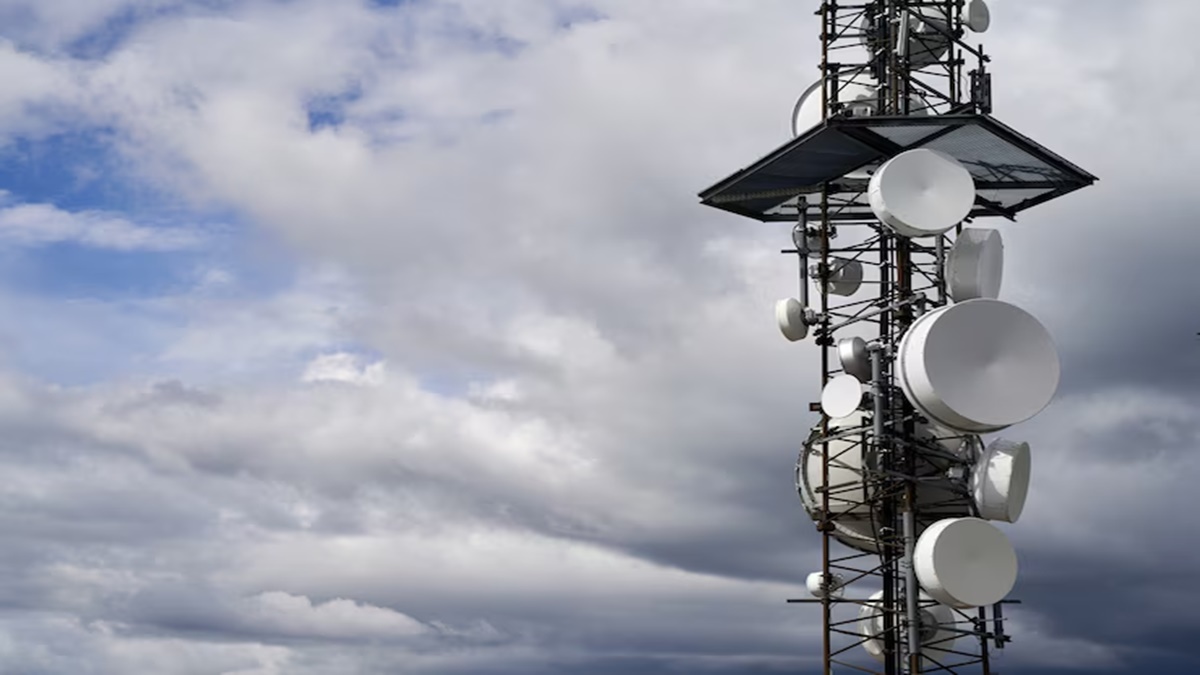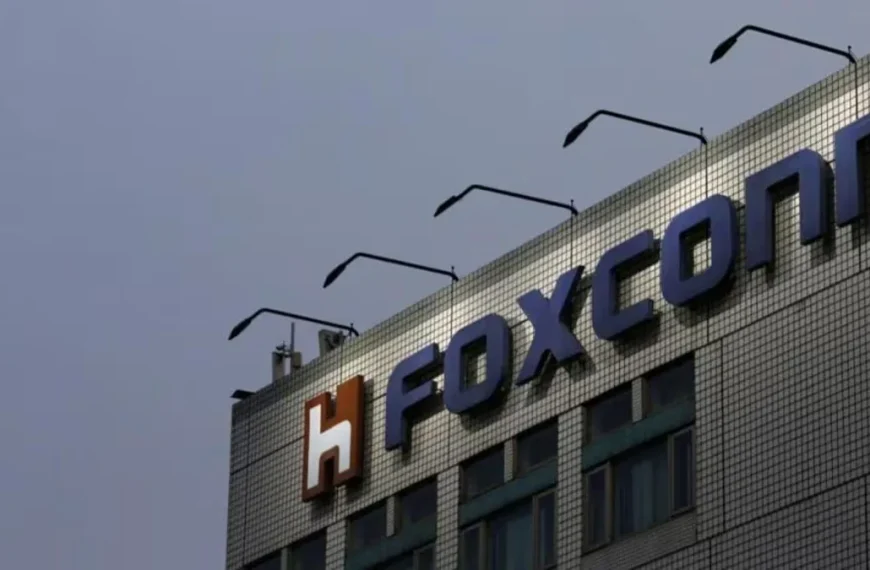In a significant move to enhance telecommunications at Noida International Airport, Bharti Airtel, Reliance Jio, and Vodafone Idea have come together to propose a unified in-building solution (IBS) for seamless connectivity across the airport terminal. The three telecom giants have reached out to the airport’s management, emphasizing the importance of excluding any third-party infrastructure providers from the project.
Joint Proposal to Enhance Connectivity
On April 24, the trio sent a letter to the chairman of Noida International Airport Limited (NIAL), which follows an earlier proposal made in August 2022 that reportedly went unanswered. The telecom companies pointed out that existing regulations restrict the installation and operation of active IBS networks to licensed telecom service providers. They stressed that third-party vendors lack the legal authority to deploy such telecom infrastructure.
- Key Points from the Proposal:
- Only licensed telecom service providers can manage active IBS networks.
- Third-party involvement could lead to bottlenecks and monopolistic practices.
Concerns Over Third-Party Involvement
In their communication, the telcos warned that permitting a third-party vendor to manage IBS at public venues like airports could create significant challenges. They argued that granting exclusive rights to such entities could lead to monopolistic behavior, potentially imposing high fees on telecom service providers.
The letter highlighted the pressing need for a collaborative approach, suggesting that the telecom companies should conduct a joint survey of the airport premises to facilitate the installation of a common IBS infrastructure. This strategy mirrors their successful collaboration at the Central Vista project in the capital.
Challenges Faced at Mumbai Metro
Earlier this month, the same trio of telecom operators also directed their concerns towards the Mumbai Metro Rail Corporation Limited (MMRCL). They expressed discontent over the exorbitant charges imposed by a third-party vendor, Dubai-based ACES, which is demanding premium fees for allowing access to IBS at underground stations along the Mumbai Metro Line 3.
- Cost Implications:
- Setting up telecom infrastructure for Line 3 is estimated to cost between ₹150 crore and ₹200 crore.
- The vendor is reportedly charging over 80% more than what the telecom operators would incur for the same installation.
In both instances, the telecom companies have underscored that providing reliable telecom services should prioritize public interest rather than focusing solely on profit generation for third-party entities.
Conclusion
The collaborative efforts of Bharti Airtel, Reliance Jio, and Vodafone Idea demonstrate a proactive approach to ensuring robust telecom connectivity at crucial public infrastructures. By advocating for a common IBS infrastructure, they are not just enhancing communication capabilities but also safeguarding the interests of consumers and the integrity of telecom operations in India.











